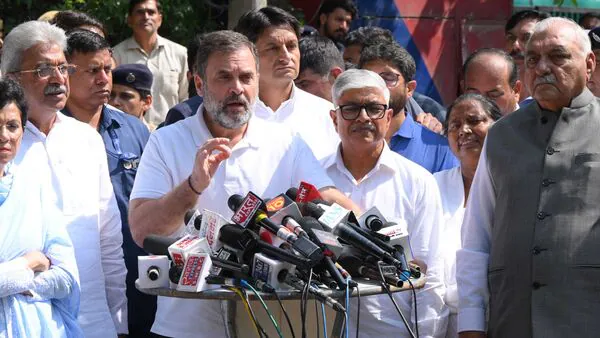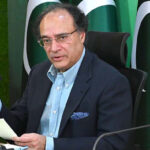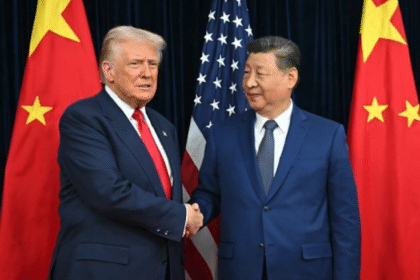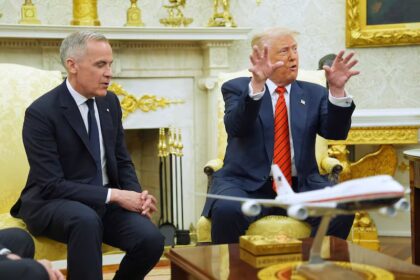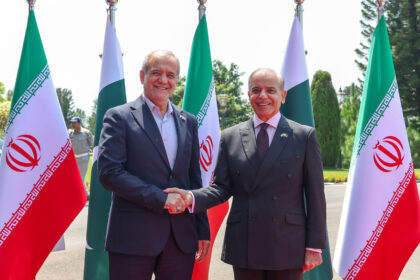Donald Trump’s claim that Prime Minister Modi promised to stop buying Russian oil has sparked political debate in India. Rahul Gandhi accused Modi of being overly submissive to U.S. pressure, pointing to India’s silence and cautious diplomacy as signs of fear rather than strength. Critics suggest Modi’s reluctance to counter Trump’s statements raises questions about India’s independent foreign policy stance.
In a surprising twist to ongoing diplomatic narratives, former U.S. President Donald Trump has claimed that Prime Minister Narendra Modi personally assured him India would halt its purchases of Russian oil — a statement that has stirred questions about the balance of power in Indo-U.S. relations.
The remarks, which surfaced amid renewed discussions on trade tensions, have invited scrutiny back home. Opposition leader Rahul Gandhi suggested that New Delhi’s response—or the lack thereof—reflects a growing pattern of cautious diplomacy, where India appears reluctant to publicly counter Washington’s assertions.
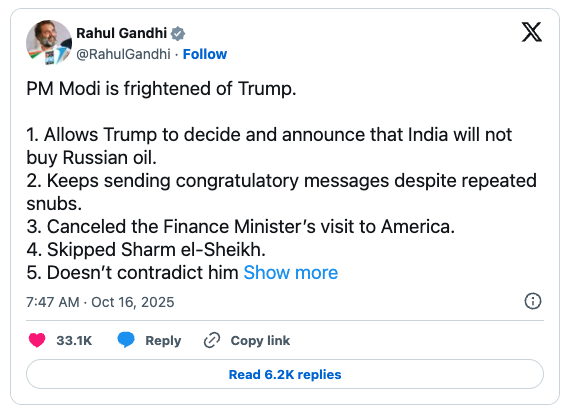
Citing a series of recent developments, Gandhi pointed out that key policy decisions and diplomatic gestures seem increasingly shaped by a desire to maintain Washington’s approval. He referenced multiple instances: the cancellation of high-level visits, unusually frequent congratulatory exchanges, and silence over controversial remarks made by U.S. officials.
While the government maintains that bilateral ties remain strong and grounded in mutual respect, observers note that India’s measured tone—especially in response to Trump’s claim—has raised eyebrows. The absence of a clear rebuttal, analysts say, risks creating an impression of acquiescence at a time when global power equations are rapidly evolving.
Trump, for his part, described Modi as “a friend” and a “close partner,” even as he recalled persuading New Delhi to adjust its energy imports to align with U.S. strategic goals. Such declarations, while couched in diplomatic warmth, have subtly positioned India as a compliant partner in Washington’s geopolitical framework—something critics argue undermines the country’s independent stance.
Rahul Gandhi’s remarks, though politically charged, tap into a broader public sentiment: the concern that India’s foreign policy might be increasingly defined not by self-assurance, but by external expectations.
As the conversation around Russian oil, Operation Sindoor, and shifting alliances continues, one question remains quietly unresolved—how much of India’s diplomacy today is driven by confidence, and how much by caution?
Discover more from JUST UNTOLD STORY
Subscribe to get the latest posts sent to your email.




